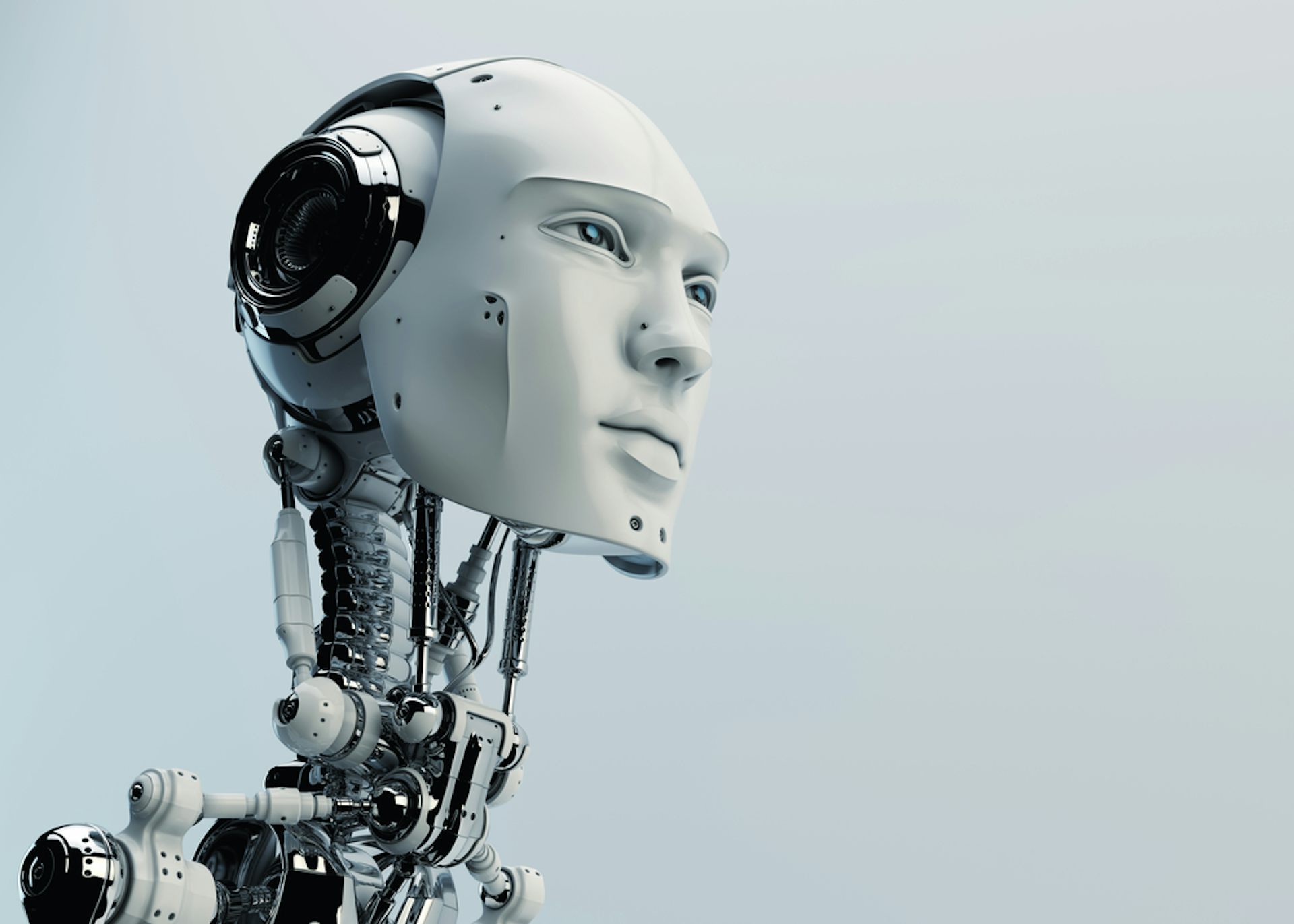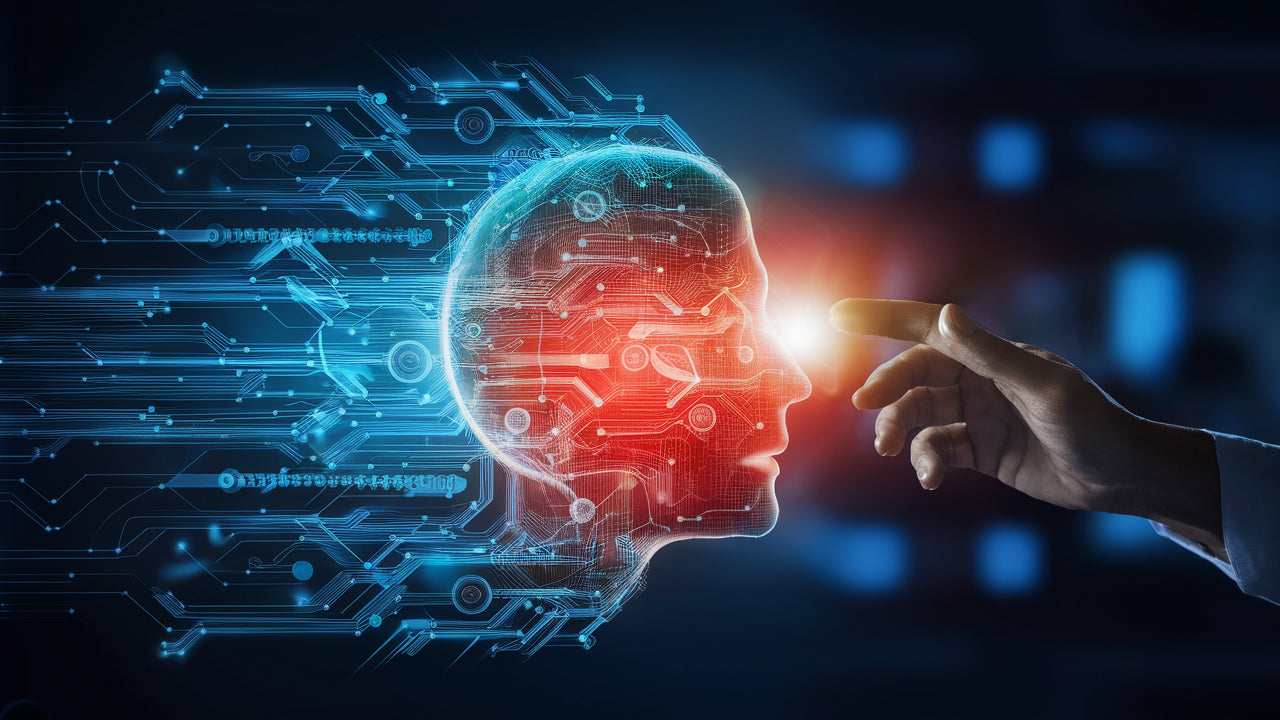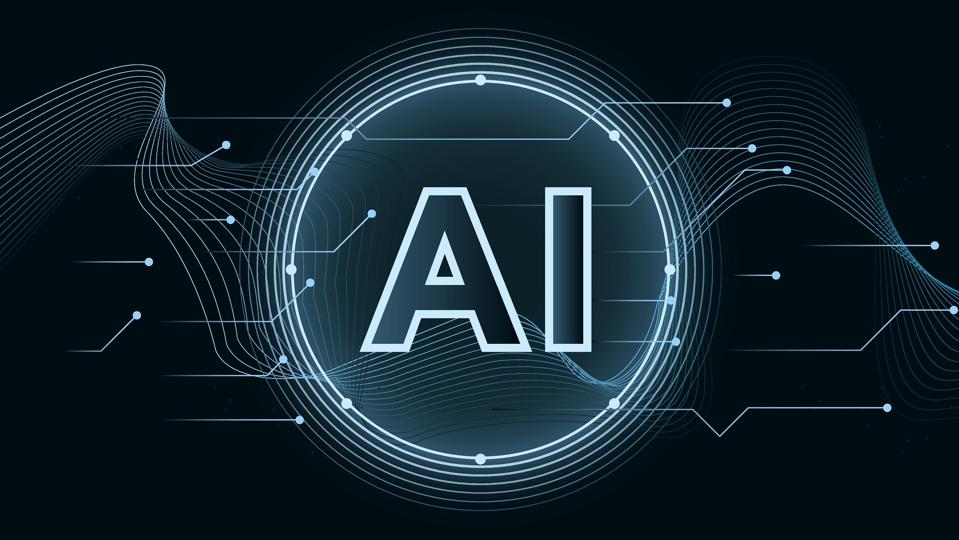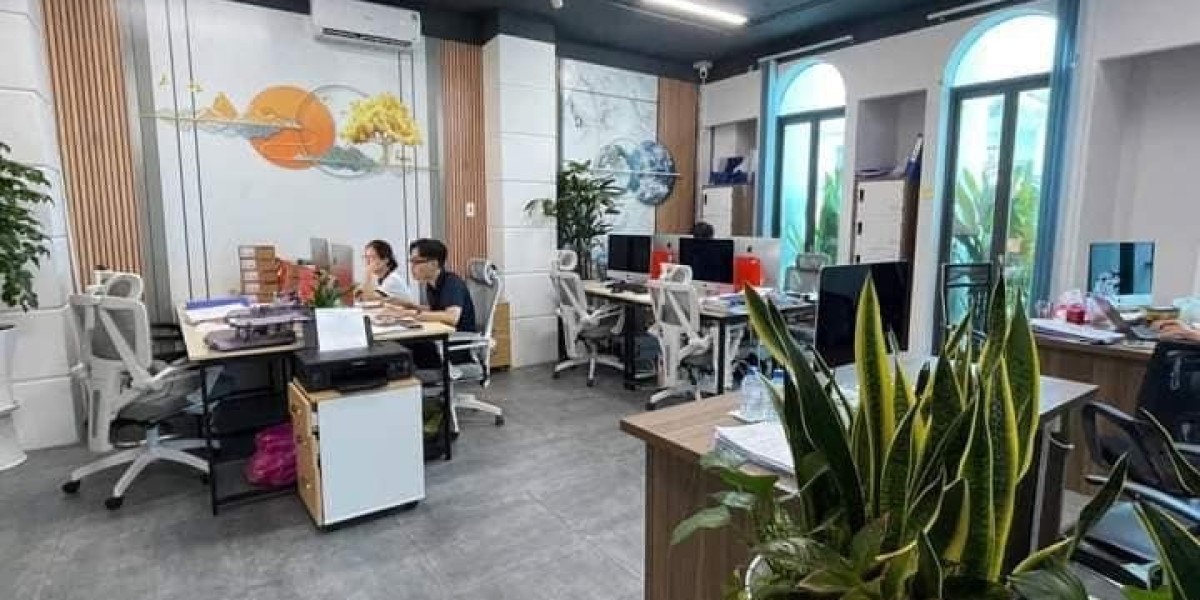Lower-cost AI tools might improve tasks by giving more workers access to the technology.
- Companies like DeepSeek are establishing affordable AI that might help some workers get more done.
- There might still be threats to employees if companies turn to bots for easy-to-automate tasks.
Cut-rate AI might be shaking up industry giants, but it's not most likely to take your task - at least not yet.
Lower-cost approaches to developing and training expert system tools, from upstarts like China's DeepSeek to heavyweights like OpenAI, will likely permit more people to acquire AI's productivity superpowers, industry observers informed Business Insider.
For many workers worried that robots will take their jobs, that's a welcome advancement. One scary possibility has been that discount rate AI would make it easier for companies to swap in inexpensive bots for costly people.
Obviously, forum.batman.gainedge.org that could still happen. Eventually, the technology will likely muscle aside some entry-level workers or those whose functions mostly consist of repeated tasks that are simple to automate.
Even greater up the food cycle, personnel aren't necessarily devoid of AI's reach. Salesforce CEO Marc Benioff stated this month the business may not work with any software application engineers in 2025 since the firm is having a lot luck with AI representatives.
Yet, broadly, for many employees, lower-cost AI is likely to expand who can access it.
As it becomes less expensive, drapia.org it's much easier to integrate AI so that it ends up being "a partner rather of a threat," Sarah Wittman, bbarlock.com an assistant teacher of management at George Mason University's Costello College of Business, informed BI.
When AI's price falls, she stated, "there is more of a prevalent acceptance of, 'Oh, this is the method we can work.'" That's a departure from the state of mind of AI being an expensive add-on that companies may have a difficult time justifying.

AI for all
Cheaper AI might benefit employees in locations of an organization that often aren't seen as direct income generators, dokuwiki.stream Arturo Devesa, primary AI designer at the analytics and data company EXL, informed BI.
"You were not going to get a copilot, possibly in marketing and HR, and now you do," he stated.
Devesa stated the path shown by companies like DeepSeek in slashing the expense of developing and implementing large language designs alters the calculus for employers choosing where AI might pay off.
That's because, for many big companies, such determinations consider cost, accuracy, and speed. Now, with some expenses falling, the possibilities of where AI might reveal up in a work environment will mushroom, Devesa stated.

It echoes the axiom that's suddenly all over in Silicon Valley: "As AI gets more efficient and available, we will see its usage skyrocket, turning it into a commodity we simply can't get enough of," Microsoft CEO Satya Nadella composed on X on Monday about the so-called Jevons paradox.
Devesa said that more productive workers won't necessarily decrease demand for people if companies can establish brand-new markets and new sources of earnings.
Related stories
AI as a commodity
John Bates, CEO of software application company SER Group, informed BI that AI is becoming a commodity much quicker than anticipated.
That indicates that for tasks where desk workers might require a backup or somebody to confirm their work, affordable AI might be able to action in.

"It's great as the junior knowledge employee, the important things that scales a human," he said.
Bates, a previous computer science teacher at Cambridge University, stated that even if a company already prepared to use AI, bytes-the-dust.com the minimized costs would improve roi.
He also stated that lower-priced AI might offer small and medium-sized services simpler access to the technology.

"It's simply going to open things as much as more folks," Bates stated.
Employers still require human beings
Even with lower-cost AI, humans will still belong, said Yakov Filippenko, CEO and founder of Intch, lespoetesbizarres.free.fr which assists specialists discover part-time work.
He stated that as tech companies compete on cost and drive down the cost of AI, numerous companies still will not be excited to get rid of workers from every loop.
For example, Filippenko stated companies will continue to need developers since someone needs to verify that new code does what an employer desires. He said companies hire recruiters not simply to complete manual work; managers likewise want a recruiter's viewpoint on a candidate.
"They pay for trust," Filippenko stated, describing companies.
Mike Conover, CEO and founder of Brightwave, a research platform that uses AI, told BI that a good chunk of what people do in desk jobs, in specific, consists of jobs that might be automated.
He stated AI that's more widely offered because of falling costs will allow human beings' innovative capabilities to be "released up by orders of magnitude in regards to the elegance of the issues we can resolve."
Conover believes that as costs fall, AI intelligence will likewise spread to far more locations. He stated it's similar to how, decades ago, the only motor in a vehicle may have been under the hood. Later, as electrical motors shrank, they appeared in places like rear-view mirrors.
"And now it's in your tooth brush," Conover stated.
Similarly, Conover said universal AI will let experts develop systems that they can customize to the requirements of tasks and workflows. That will let AI bots handle much of the grunt work and permit employees happy to explore AI to handle more impactful work and maybe move what they have the ability to focus on.









